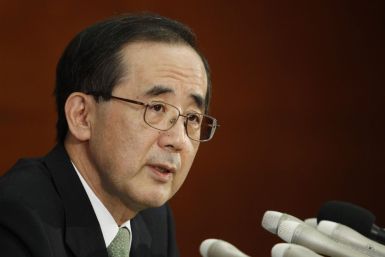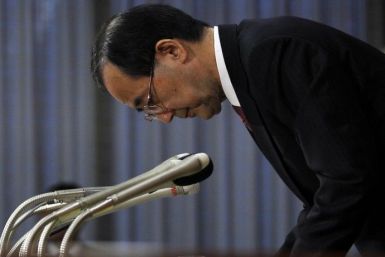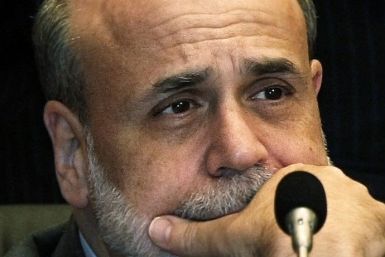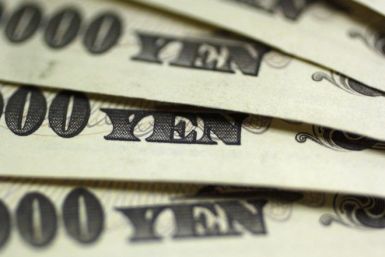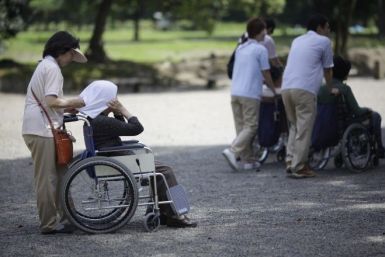The Bank of Japan (BOJ) said on Monday it will increase the size of the asset purchase program from five trillion yen to 10 trillion yen and promised to inject additional liquidity into the financial system battered by the triple whammy of a disastrous earthquake, a tsunami and an unfolding nuclear crisis.
Japan’s tragic earthquake and subsequent tsunami not only cost humans lives but also economic damage. But despite the initial economic setback, Japan’s economy should do just fine in the medium and long term.
Gold-buying prices held at two-week lows vs. the Dollar in London on Friday, as the US currency jumped and world stock markets sank after a powerful tsunami hits the Japanese coast 190 miles north-east of Tokyo.
Companies across Japan are in emergency mode and assessing the immediate physical and economic damage caused by the massive 8.9-magnitude earthquake.
Federal Reserve Chairman Ben Bernanke's testimony to Congress on March 1, 2011.
Futures on major U.S. stock indices point to higher opening on Wednesday ahead of wave of economic data including producer price index and building permits.
The bank of Japan (BoJ) upgraded its economic outlook, taking cues from a strong recovery in exports and industrial output, but refrained from making any change to the monetary policy.
Japan's industrial production dropped during October-December, but will rebound in the current quarter, the Bank of Japan (BoJ) said in its monthly report published on Wednesday.
The Bank of Japan (BoJ) kept its key overnight call rate unchanged at a range of zero to 0.1 percent on Tuesday, assessing that the economic recovery was showing signs of a pause.
Japan's economic recovery seems to be pausing, though there are signs of a moderate recovery, the Bank of Japan said in a statement on Wednesday.
The Bank of Japan (BoJ) continued to keep interest rates steady between zero and 0.1 percent as the economic recovery seems to be faltering in Japan and the yen grows weaker against the U.S. dollar.
France and Germany, the two leading countries of the euro zone, may have intentionally engineered a competitive currency devaluation by pushing private investors to share the burden of future sovereign bailouts.
The Bank of Japan (BoJ) Governor Masaaki Shirakawa said on Monday expanding the asset purchase fund could be an option if the economy worsens beyond the central bank's expectations, even as government data showed retails sales in October fell unexpectedly.
Japan's economic recovery showed some positive signs as inflation increased in October for the first time in almost 24 months.
Full-text of speech by Fed Chairman Ben Bernanke at the sixth European Central Bank Central Banking Conference, in Frankfurt, Germany , on Nov. 19, 2010.
Analysts generally think BOJ's intervention was well executed and will perhaps work in the short-run. The long-term effectiveness, however, is uncertain.
To some degree, Japan allowed deflation, or at least they did not choose extremely aggressive policies to fight it. This is largely due to the influence of Japanese constituents who own fixed income, which would devalue in the face of inflation.








